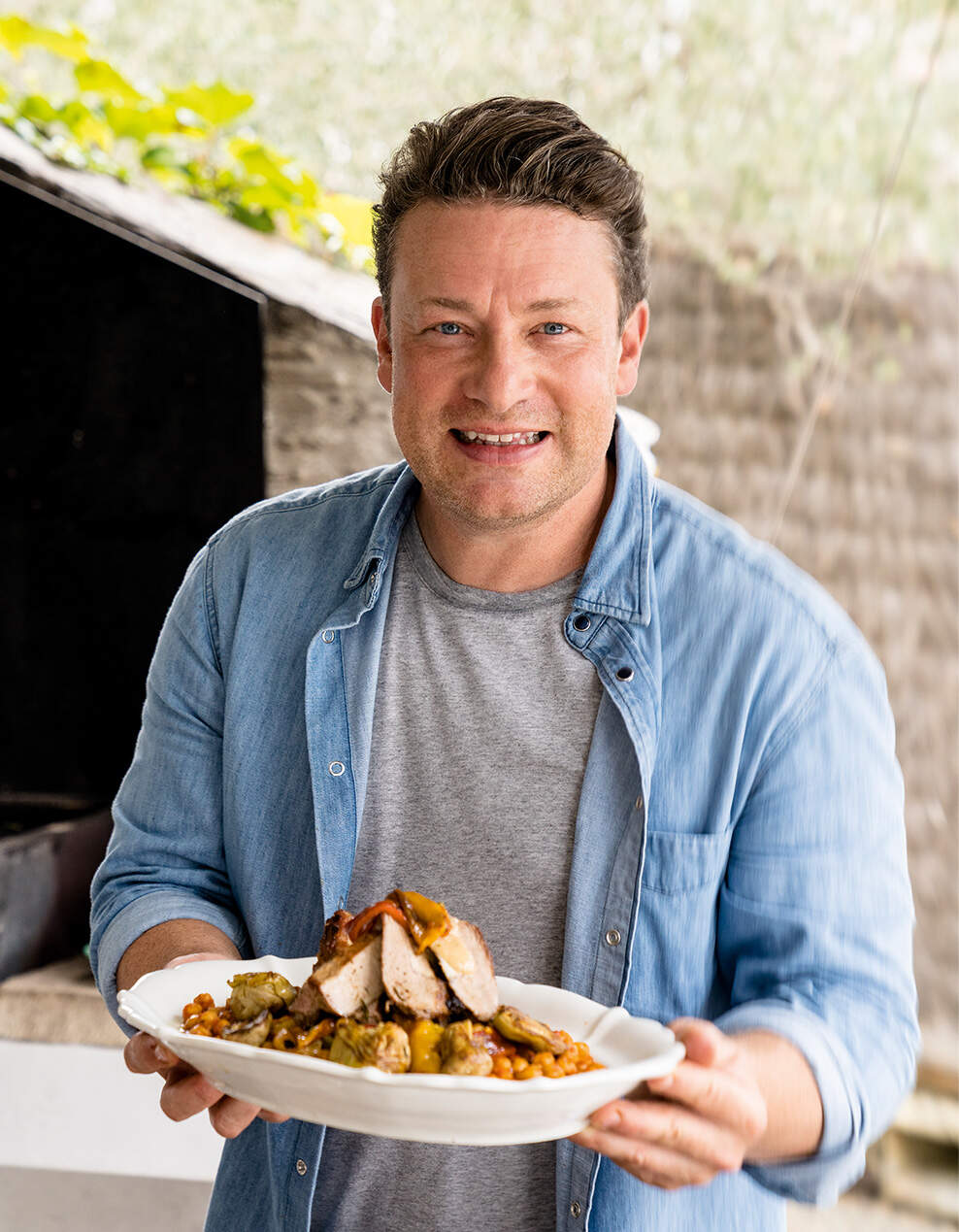Reading the ingredients
In this week's edition of the Covid Q&A, we go back to vaccine basics. In hopes of making this confusing time just a little less so, each week Bloomberg Prognosis picks one question sent in by readers and puts it to experts in the field. This week's question comes to us from Katherine. She asks:
What is actually in the vaccines?
Nearly a year into the rollout, when shot talk has become part of daily life, it can be easy to take for granted some of the most basic (and confusing) things about vaccines. Much like reading the ingredients on your favorite candy bar or soda, looking at the fine print can invite more questions than answers.
“This is a boring way to answer, but I'd refer the reader to this CDC website,” says David Topham, an immunologist at the University of Rochester Medical Center, referring to the U.S. Centers for Disease Control and Prevention.
“The vaccines each have a number of components with the two mRNA vaccines being mostly lipid (fat) and mRNA coding for the spike protein of the virus,” says Topham. That’s right — mRNA, or messenger ribonucleic acid, is actually one of the ingredients in both the Pfizer and Moderna vaccines. It’s what tells the body how to create a (harmless) piece of viral protein to build up an immune response against SARS-CoV-2. Otherwise, those vaccines are composed of fats that help the mRNA enter the body’s cells, and sugars and acid stabilizers to help keep the vaccine stable as it’s manufactured and shipped around the world.

“The third vaccine approved in the U.S. is an adenovirus genetically engineered to express the spike protein,” Topham says, referring to the shot produced by Johnson & Johnson. “The adenovirus is based on a virus that causes common colds in people, but it's been significantly weakened.” The harmless version of a virus is unrelated to Covid-19. Much like the mRNA vaccines, it gives the body instructions for how to protect itself against Covid-19. Otherwise, the vaccine is all sugars, salts, acid and acid stabilizers.
In both types of vaccines, many ingredients are ones you commonly find in foods and other pharmaceutical products, like sodium chloride (you know it as table salt) or citric acid, found naturally in citrus fruits useful for both preserving drugs and making ricotta in your home kitchen.
It’s also worth noting that the vaccines don’t contain ingredients that sometimes make people squeamish: preservatives such as thimerosal or mercury, antibiotics, tissues of any kind or metals.
Thanks to all of you for writing in this week! Next Sunday, we'll be answering the best question we receive again. So if you have any, we want to hear from you. Write to us at CovidQs@bloomberg.net—Kristen V. Brown
Track the virus
The U.K. and Singapore are the first places to impose travel restrictions to travelers from South Africa and other countries in the continent, where a new Covid-19 variant is spreading. Cities in these three nations are among the destinations the Bloomberg Covid-19 Travel Tracker is following to determine which places are the most open and easiest to visit.

What you should read
Know someone else who would like this newsletter? Have them sign up here.
Have any questions, concerns, or news tips on Covid-19 news? Get in touch or help us cover the story.
Like this newsletter? Subscribe for unlimited access to trusted, data-based journalism in 120 countries around the world and gain expert analysis from exclusive daily newsletters, The Bloomberg Open and The Bloomberg Close.
Checking Out the Ingredient Label on Vaccines - Bloomberg
Read More

No comments:
Post a Comment